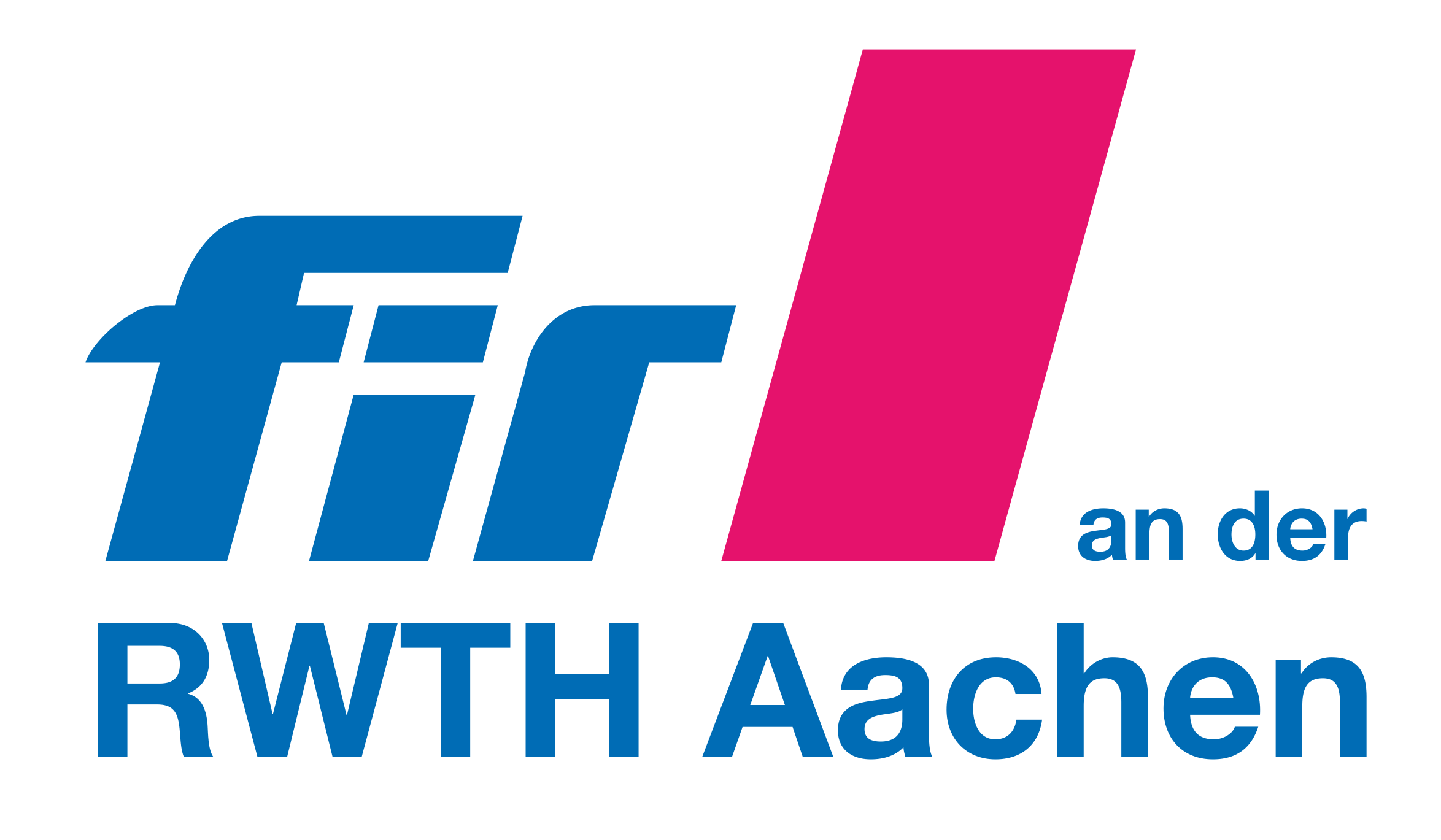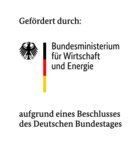Sales Service
Analytics based marketing support for technicians in the field service environment

The aim of the Sales Service project is to integrate service technicians in the active distribution of services and products and thus to exploit the sales potential arising from their regular and intensive customer interaction. For this purpose, an analytics-based sales support for service technicians (algorithms for open source software) is designed, which provides them with the necessary sales information. In addition, the structure and process organization (Blueprints & Reference Processes) and the corresponding management tools (Balanced Scorecard & Incentive System) are developed for a sales-oriented service.
The aim of the Sales Service project is to integrate service technicians in the active distribution of services and products and thus to exploit the sales potential arising from their regular and intensive customer interaction. For this purpose, an analytics-based sales support for service technicians (algorithms for open source software) is designed, which provides them with the necessary sales information. In addition, the structure and process organization (Blueprints & Reference Processes) and the corresponding management tools (Balanced Scorecard & Incentive System) are developed for a sales-oriented service.
Challenges for service technicians
Service technicians working for mechanical engineering companies are at their customers desposal at any time worldwide, when a disruption prevents production, when a new plant is started up, or even when a routine check is required. They are not only reliable partners for the customer, but also know what the specific customer or even market currently needs [1]. However, only in the rarest of cases is there a systematic use of this potential. The following two implementation hurdles are decisive for this:
- CAN: Even if service technicians can detect deficiencies and needs of the customer on site, they lack appropriate sales information, based on which customer and situation-specific product or service offers can be quickly and flexibly identified and mediated.
- WANT: Service technicians often understand themselves exclusively as technical specialists. However, they lack the self-image as a seller [1]. Sales tasks are therefore not actively performed by the service [2].
Find solutions together
Together with the IPRI in Stuttgart the project Sales Service started at the end of 2017. The approach of Sales Service picks up on the two implementation hurdles and should provide solutions for them. Relevant information should be made available to the service technician through appropriate training and evaluation of sales-relevant data. It is not only possible to look at company-specific data, but also to include machine data in the evaluation across companies, provided that they have comparable load spectra or similar production conditions. Recent studies show that companies, especially small and medium-sized enterprises (SMEs) often lack technical and technical analysis know-how [3]. In addition, the selection and collection of the right data requires a considerable amount of specialist knowledge. Sales Service identifies the required data and builds on it analysis algorithms that facilitate the generation of suitable sales information for SMEs.
At the same time, service and sales processes and the organizational structure are looked at in order to define suitable TARGET processes and organizational structures for a sales-oriented service. The structure of the organizational structure has so far been handled very differently by companies. It often follows historical evolved structures. As a result, responsibilities and information flows are not clearly defined.
In addition to the formal organization concept for a sales-oriented service, the project also develops incentive systems for service employees. These should generate the motivation to perform not only the original tasks, which arise in the context of the service provision, but also tasks of the sales.
At the moment, interested companies still have the opportunity to participate in the development of the results. In this way, not only can a contribution to the project be made, but above all benefit in good time from the results.
Project partners
- Anwaltskanzlei in den ZOB-Arkaden, Aalen
- Geze GmbH, Leonberg
- Kaffee Partner GmbH, Osnabrück
- KSH-IngTech GmbH, Hamburg
- Kundendienst-Verband Deutschland e. V. (KVD), Dorsten
- LPR GmbH, Neuss
- noltewerk GmbH & Co. KG, Greven
- Reifenhäuser GmbH & Co. KG Maschinenfabrik, Troisdorf
- SMS group GmbH, Düsseldorf
- STREMA Maschinenbau GmbH, Sulzbach-Rosenberg
- TREIF Maschinenbau GmbH, Oberlahr
- TRUMPF GmbH + Co. KG, Ditzingen
- VDI Verein Deutscher Ingenieure e. V., Düsseldorf
- YNCORIS GmbH & Co. KG, Hürth
- Westaflexwerk GmbH, Gütersloh
Branch
- Machinery and Plant Engineering
Topic Area
- Service Management
Research Focus
- Service Excellence
- Digital Products
FIR Topics
Contactperson
Projectinfos
Duration
Funding no.
19829 NFunding information
The IGF project 19829 N of the FIR e. V. at the RWTH Aachen was funded by the Federal Ministry of Economics and Energy (BMWi) through the AiF as part of the program for the promotion of industrial community research and development (IGF) on the basis of a resolution of the German Bundestag.




